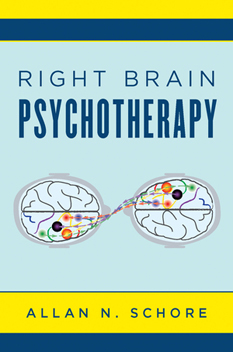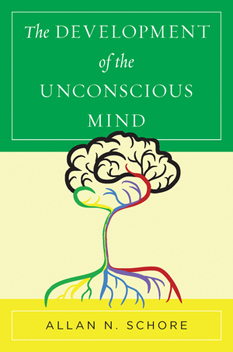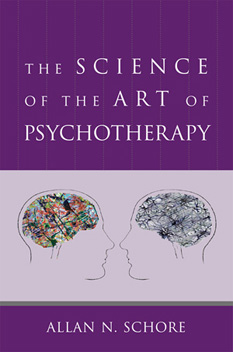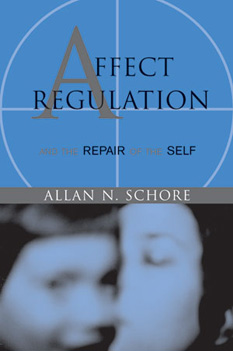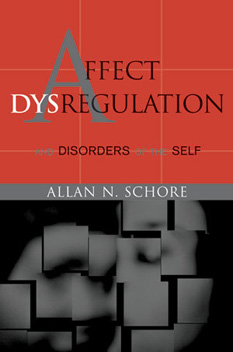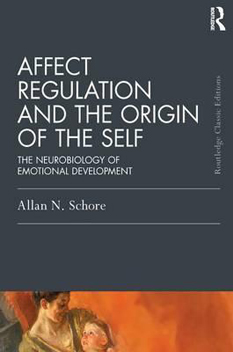Right Brain Psychotherapy is grounded in Schore’s regulation theory, an interpersonal neurobiological model of emotional and social development from early human beginnings and across the lifespan. Drawing upon various scientific and clinical disciplines the theory describes how the structure and function of the right mind and brain are indelibly shaped by experiences, especially those embedded in emotional relationships, and how communicating right brains align and synchronize their neural activities with other right brains. These experiences of interpersonal synchrony are a central focus of Right Brain Psychotherapy.
Consonant with the clinical principle that the right brain is dominant in psychotherapy my work demonstrates that the core clinical skills that optimize effective psychotherapy are right (and not left) brain implicit functions.
Furthermore, all therapeutic techniques sit atop these implicit relational and emotional skills.
Right Brain Psychotherapy focuses on how to work more directly and effectively with bodily-based emotions within the therapeutic relationship, especially in “heightened affective moments” of the session. Attention is also placed upon working with the defenses of right brain dissociation and left brain repression that blot out strong emotions from consciousness. This central focus on right (and not left) brain affect regulation in the co-created psychotherapy relationship shifts the clinical focus from a reasoned, coherent cognitive narrative to a spontaneous emotion-laden conversation. In this manner the clinical emphasis moves from objective cognitive insight to the subjective change mechanisms embedded in the emotional attachment bond of the therapeutic relationship itself.
For more on right brain-to-right brain psychotherapy see the clinical descriptions under each of Dr. Schore’s books.

